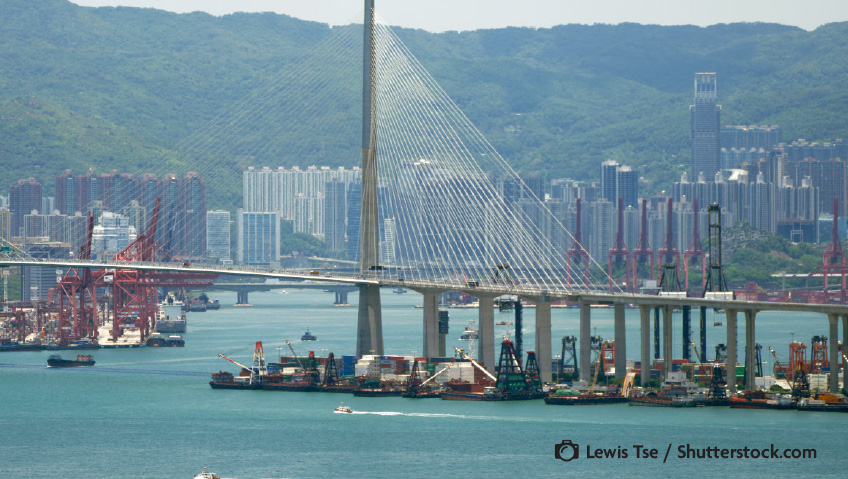Global trade tensions have taken a new turn as the United States and China have introduced additional port fees on ocean shipping firms, a move that analysts warn could distort global freight flows for a number of commodities.
China started to collect special charges on U.S.-owned, operated, built, or flagged vessels, while Chinese-built ships would be exempt. Other exemptions include empty ships entering Chinese shipyards for repair.
Earlier this year, the U.S. announced plans to levy fees on Chinese-linked ships as it sought to weaken the Chinese strength in the global maritime industry while bolstering the U.S. shipbuilding sector. In a move similar to the U.S., China’s fees would be due at the first port of entry on a single voyage or for the first five voyages within a year.
“We are in the hectic stage of the disruption, where everyone is quietly trying to improvise workarounds, with varying degrees of success,” said independent dry bulk shipping analyst Ed Finley-Richardson. He said he has heard reports of U.S. shipowners with non-Chinese vessels trying to sell their cargoes to other countries while en route, so the vessels can divert, though these claims have yet to be confirmed.
Analysts expect China-owned container carrier COSCO to be the most affected by the fees, likely eating at least half of the expected $3.2 billion from the fees next year, while major container lines like Maersk, Hapag-Lloyd, and CMA CGM mitigated their impact by switching China-linked ships out of their U.S. shipping lanes. Long-term charterers of China-operated vessels that carry U.S. ethane and liquefied petroleum gas (LPG) will have their port fees deferred through December 10.
China also imposed sanctions against five U.S.-linked subsidiaries of South Korean shipbuilder Hanwha Ocean, which is one of the world’s largest shipbuilders and owns Philly Shipyard in the U.S. and has secured U.S. Navy contracts, as well as assisting and supporting an American probe into the country’s trade practices. A counter-investigation into how the U.S. probe affected its shipping and shipbuilding industries was also launched.
In response to the latest escalation, China’s Ministry of Commerce said, “If the U.S. chooses confrontation, China will see it through to the end; if it chooses dialogue, China’s door remains open.”




